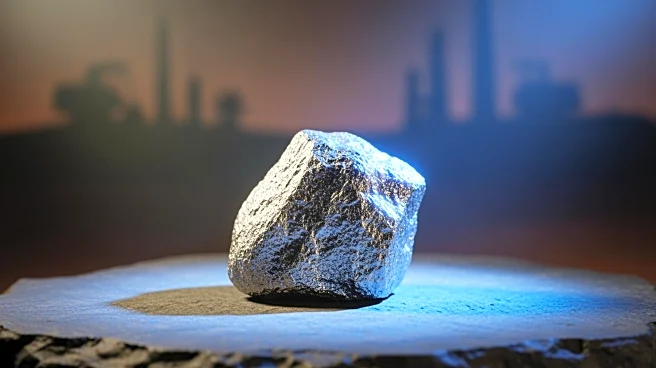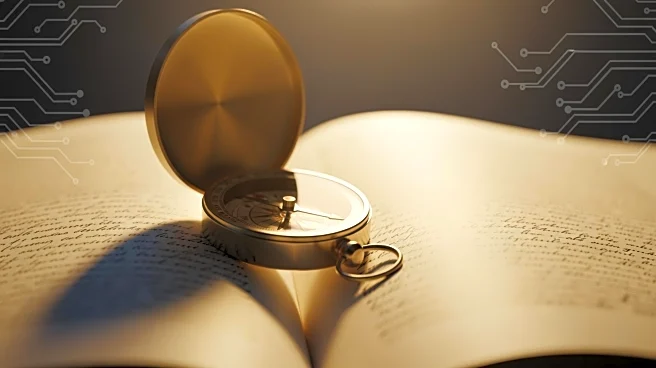What's Happening?
A recent study published in Nature presents a dataset utilizing ballistocardiogram (BCG) technology for assessing heart rhythm through bed-based systems. The research involved 46 participants, including
those with cardiovascular diseases and healthy controls, to ensure a diverse demographic. The BCG signals were captured using a custom mattress-mounted system, which operates without direct skin contact, unlike traditional ECG methods. This approach aims to provide unobtrusive monitoring of heart rhythms, potentially aiding in early cardiovascular disease screening and sleep monitoring.
Why It's Important?
The development of non-invasive heart rhythm monitoring technologies like BCG could revolutionize patient care by enabling continuous, comfortable monitoring without the need for skin-contact electrodes. This advancement is particularly significant for patients with cardiovascular diseases, as it offers a method for early detection and ongoing management of heart conditions. The ability to monitor heart rhythms in a non-intrusive manner could lead to better patient compliance and more accurate data collection, ultimately improving health outcomes.
What's Next?
The study's findings may pave the way for further research into BCG technology and its applications in healthcare. Future studies could explore the integration of BCG systems into everyday environments, such as homes and hospitals, to provide continuous monitoring for patients with cardiovascular conditions. Additionally, the technology could be refined to enhance accuracy and reliability, potentially leading to widespread adoption in clinical settings.
Beyond the Headlines
The ethical implications of using BCG technology for continuous monitoring should be considered, particularly regarding patient privacy and data security. As the technology becomes more prevalent, establishing guidelines for data handling and patient consent will be crucial to ensure ethical use.










